ADVRiderMag is the ultimate Australian dedicated adventure-riding journal.
Introducing the future of motorcycle touring: CFMoto is working on a girder fork for their next big tourer, taking a bold step towards revolutionizing the adventure riding experience. As an industry leader in innovation, CFMoto aims to enhance the performance and comfort of their touring motorcycles by adopting Hossack-style suspension technology. In this article, we delve into the details of this groundbreaking development, exploring the benefits of the girder fork design and its potential impact on the world of adventure riding. So, gear up and join us as we ride into the future with CFMoto’s next big tourer.
CFMoto Working on Girder Fork for Next Big Tourer
Next-gen CFMoto 1250 follows BMW and Honda to Hossack-style suspension.
Despite well-known shortcomings, the telescopic fork is firmly established as the go-to technology for motorcycle suspension and history is strewn with heroic failures from companies that have tried something different. Even BMW’s Telelever front end—which marks its 30th anniversary this year—has become less prevalent in the range as normal telescopic forks take their place in ever more models.
But in one part of the market an alternative front end is not only clinging on but spreading. That niche is large touring bikes, and the alternative technology is the girder-style fork usually associated with designs from British engineer Norman Hossack, who developed the idea in the 1970s. Over the last couple of decades, the setup has appeared on multiple BMWs under the “Duolever” name, starting with the K1200S, which debuted in 2003, and spreading to the K1300 range and living on today in the six-cylinder K1600 models. More recently, Honda has also embraced the same idea, putting its own twist on the design for the front suspension used in the current generation of Gold Wing.
Now it looks like CFMoto—the Chinese brand that’s increasingly standing out as a leader in that fast-expanding part of the industry, and one that’s rapidly narrowing the gaps in quality and technology held by more established Japanese, European, and American brands—is also heading down the Hossack route.
The company has filed a patent application for a front end that’s very similar to the BMW Duolever, itself very much a replica of the old Hossack setup with a cast alloy girder fork suspended by two car-style wishbones and a single coilover shock. The CFMoto patent itself relates to a mundane part of the design: a ball-joint used in the steering linkage; but the illustrations clearly show the whole suspension setup and a large chunk of the bike it’s attached to.
That bike is a development of CFMoto’s largest machine yet, the 1250TR-G. Currently sold only in China, the 1250TR-G uses a 140 hp, 1,279cc V-twin engine that’s derived from a KTM design but heavily altered by CFMoto. At first glance the new patent drawings appear to show a single-cylinder engine but in fact it’s the 1,279cc V-twin; the rear cylinder has been omitted from the drawings along with several other components like the cooling and fuel systems.
The frame is like the 1250TR-G’s steel tube chassis but gains an added set of front downtubes to mount the two wishbones that hold the cast alloy fork. The monoshock is mounted between the lower wishbone and the frame, where the original steering headtube is partially removed to accommodate it. The bars are mounted just as they are on the current, conventionally suspended 1250TR-G, but with a hinged linkage to transfer steering movements to the girder fork.
Just as on the Gold Wing and the BMW models that use Hossack-style suspension, the benefit comes from the broader spread of suspension geometry that the system allows. It can separate braking and suspension forces, allowing relatively soft suspension without suffering from too much dive during braking. The use of a single shock absorber, essentially the same as the rear shock on a normal bike, also makes it easier to adopt technology like adaptive damping or electronic control preload adjustment.
While the idea of a large-capacity CFMoto to rival the big touring bikes from BMW and Honda might have seemed crazy just a few years ago, the company is now exporting 800cc models all over the world, including the to the USA. The 1250TR-G might only be sold in China now, but its technology is already at levels that would seem to be more than acceptable here in the States. Its engine is also expected to form the basis of a new 1250NK streetfighter model, inspired by the 2017 V.02-NK concept but reworked to be a viable production bike that was first seen in patents filed earlier this year.

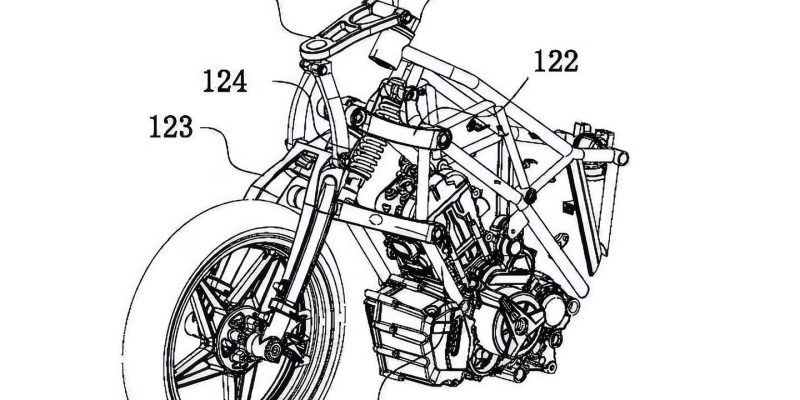
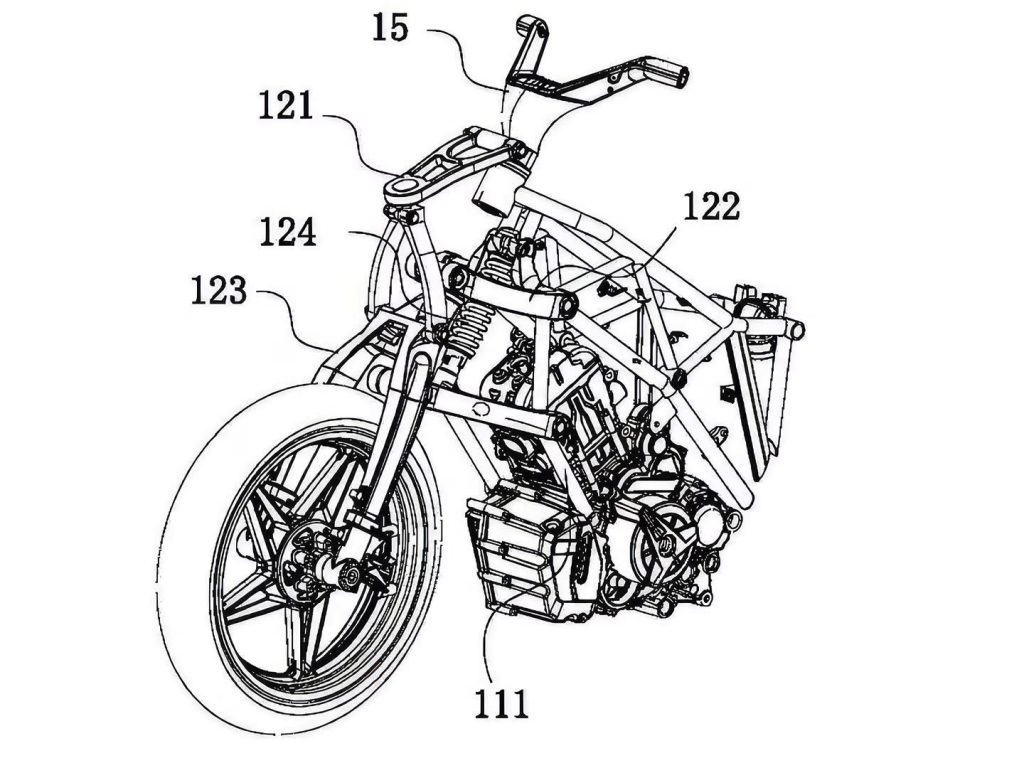
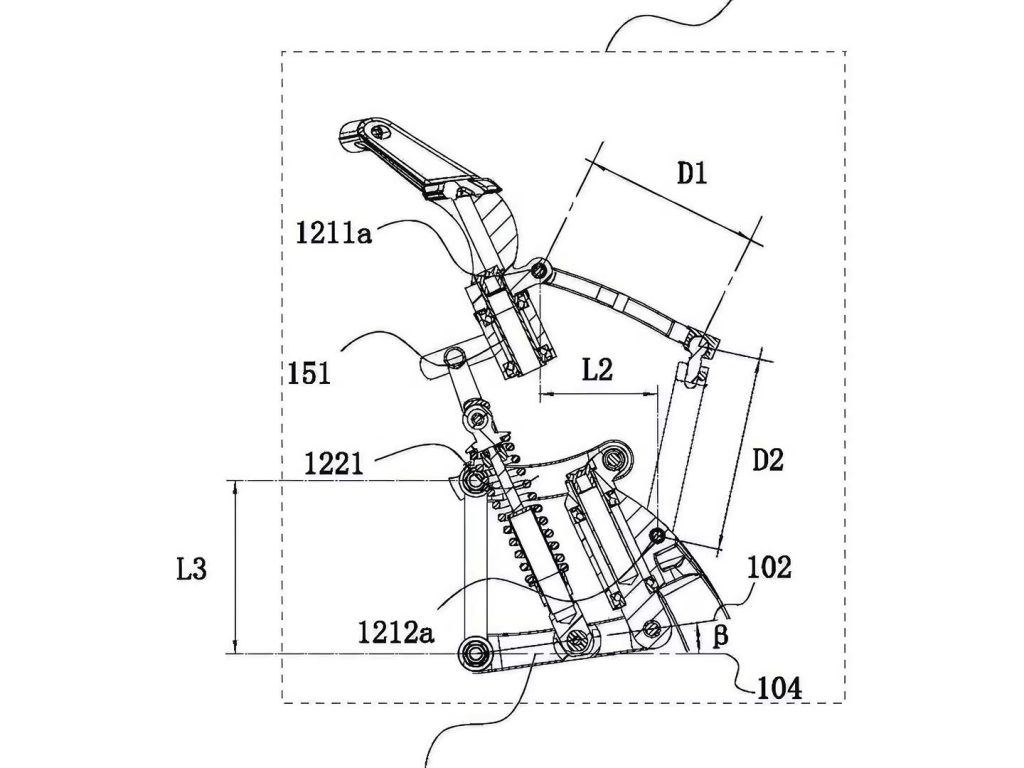
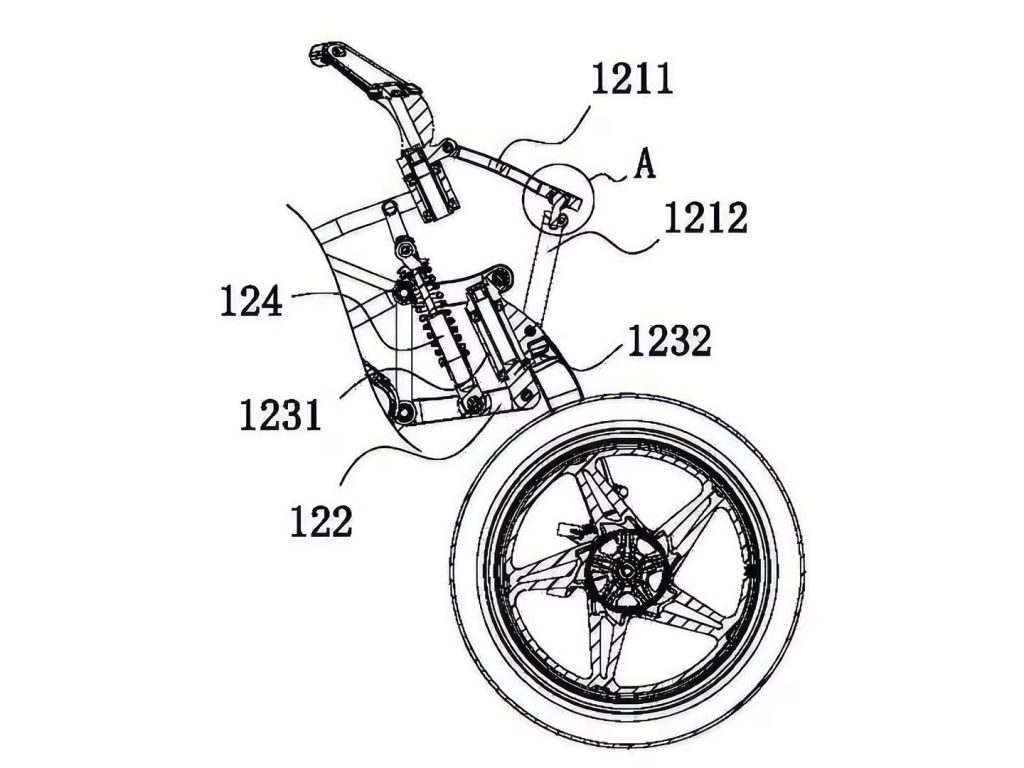





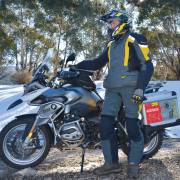
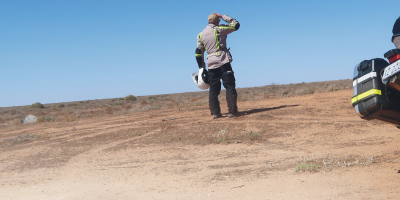

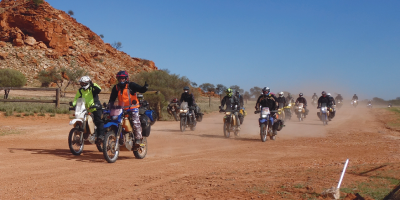




Comments